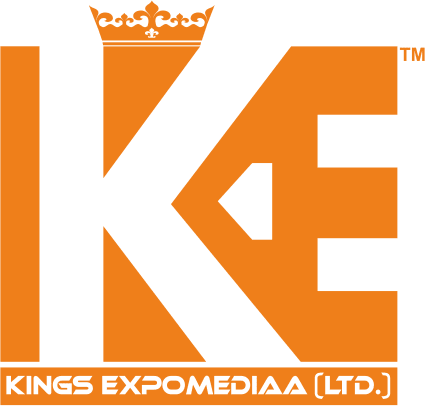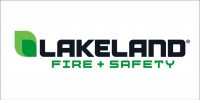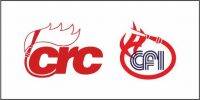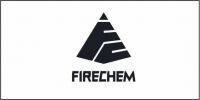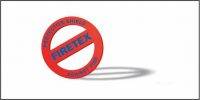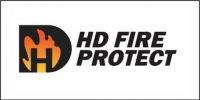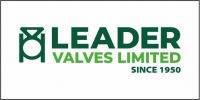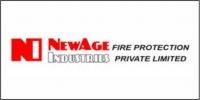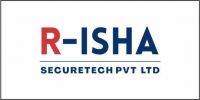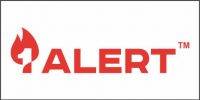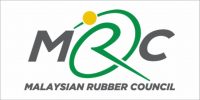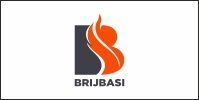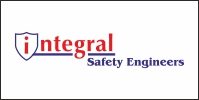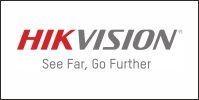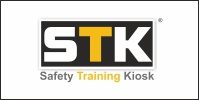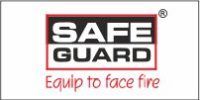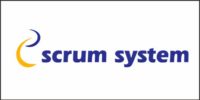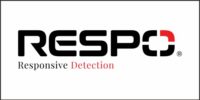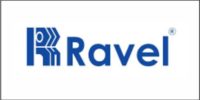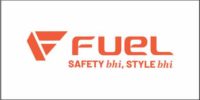 Unmanned aerial vehicles (UAVs), commonly known as drones, and unmanned surface vehicles (USVs) have demonstrated a remarkable ability to transform emergency response by delivering medical care and critical supplies much faster than conventional methods. Their agility, autonomy, and capability to bypass traditional logistical constraints make them indispensable in disaster relief and urgent medical care.
Unmanned aerial vehicles (UAVs), commonly known as drones, and unmanned surface vehicles (USVs) have demonstrated a remarkable ability to transform emergency response by delivering medical care and critical supplies much faster than conventional methods. Their agility, autonomy, and capability to bypass traditional logistical constraints make them indispensable in disaster relief and urgent medical care.
How Drones Enhance Medical Care and SAR Efforts
1.Rapid Delivery of Medical Supplies:
Drones can transport essential medical supplies such as blood, vaccines, medications, and emergency equipment to remote or disaster-stricken areas. In situations where roads are blocked due to natural calamities or accidents, drones can bypass obstacles, delivering aid faster than ambulances or ground-based vehicles.
- Speed in SAR Missions:
Time is critical in search and rescue (SAR) operations. Drones can quickly be deployed to search large areas, especially in challenging terrains like mountains, forests, or flood zones. Equipped with thermal cameras and AI-based human detection, drones can identify survivors even in low visibility conditions, providing rescuers with precise locations to act swiftly.
- Telemedicine and Remote Assistance:
In life-threatening situations, drones can be equipped with communication tools that allow remote medical professionals to provide real-time guidance to responders on the ground. For instance, a drone could deliver an Automated External Defibrillator (AED) to the scene of a cardiac arrest while allowing a healthcare professional to guide civilians in its use via live video.
Key Use Cases of Drones in Emergency Care
Medical Delivery in Remote Areas:
In regions with poor infrastructure, drones can supply crucial medical items that would otherwise take hours or days to deliver. This is especially relevant in developing countries or regions affected by war or natural disasters.
Post-Disaster Relief:
Following events like earthquakes, floods, or hurricanes, drones can swiftly reach affected populations, carrying supplies such as water, food, and medical kits. This accelerates relief efforts and improves the chances of survival for those trapped or isolated.
Pandemic Response:
During the COVID-19 pandemic, drones were used to deliver medical samples and PPE (personal protective equipment) to hospitals, reducing the risk of virus transmission and allowing healthcare systems to operate more efficiently.
Unmanned Surface Vehicles (USVs) for Waterborne SAR Operations
In addition to UAVs, unmanned surface vehicles (USVs) play a critical role in rescue operations on water bodies. These vehicles are particularly effective for:
Rescue Missions in Flooded Areas:
USVs can safely navigate flooded streets or rivers, bringing life-saving supplies to isolated individuals or rescuing them directly.
Coastal and Offshore Medical Response:
USVs can act as platforms to deliver medical kits to individuals stranded at sea or on boats, providing vital aid before human rescuers can arrive.
Challenges and Considerations
While drones and USVs present immense potential, there are several challenges that need addressing:
Regulation and Airspace Management:
The widespread use of UAVs in emergency care must be carefully managed to prevent accidents, especially in populated areas or near airports. Governments are increasingly working to create regulatory frameworks to ensure safe drone operation.
Battery Life and Payload Limitations:
The limited flight time of drones due to battery constraints, and their relatively small payload capacity, can restrict the amount of supplies they can carry in one trip.
Public Acceptance:
Widespread adoption of drone-based solutions requires public trust and confidence in their reliability and safety, particularly in healthcare scenarios.
Drones and unmanned surface vehicles are proving to be game-changers in the fields of medical care and search and rescue operations. Their ability to operate autonomously and deliver critical care supplies rapidly in areas where traditional logistics falter enhances the efficiency of emergency responses. As the technology continues to evolve, regulatory frameworks, battery technology, and operational safety will further enable these vehicles to become a standard part of emergency management systems globally.
